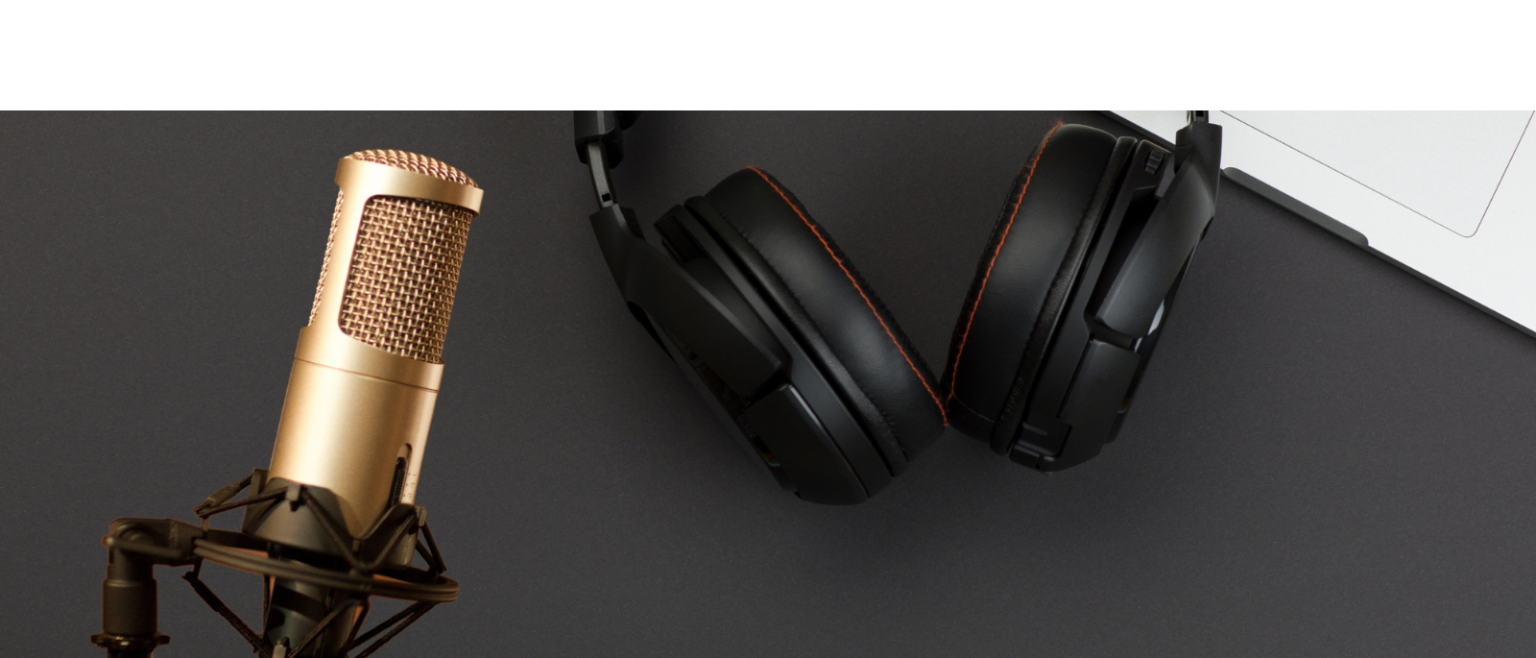Videomenthe & ProConsultant Informatique become Bminty

The keys to optimising
your podcast's SEO
29 january 2024
How to optimize the SEO of your podcast?
The podcast is a form of content, so it is important to take it as such and optimise the SEO of your podcast.
As a content creator, it's important to be seen and heard by search engines, which means optimising keywords in strategic places, such as the title and description of all your podcasts. Especially since, as of February 2023, Google no longer displays podcasts in carousel mode in search results 🙁
Top SEO, especially for Google, is a bit like the "grail", the cornucopia of the content creator and digital marketer. If the exact recipe for this quest is still very unclear, there are some basic principles that can be applied in order to put all the chances on your side! A quick reminder of the advantages of taking care of your SEO: better visibility on the Internet, targeted and qualified traffic, a better user experience and greater notoriety. So what are the steps to optimise the SEO of your podcast?
Preamble
The first thing to do when you create a podcast is to optimise its distribution so that it is visible everywhere. Make a list of platforms on which you could broadcast your podcast!
Your website is also a good support: create a web page dedicated to your podcast, with editorial content. You can also turn your podcast into an article. Having said that, let's move on to the best practices to apply to optimize the SEO of your podcast.
1. Use optimised title tags
Title tags (or Meta Title) are very important for SEO. Okay, but what is a title tag? It is simply an HTML tag that corresponds to the title of your web page. This tag is very important because search engines use it to understand what your page is about and to identify the corresponding queries.
This tag is also used by visitors to your web page, as it appears in the search results. It is therefore important that it reflects the content of your podcast, to make listeners want to click.
2. Making a transcript of your podcast
It is important to know that search engines are not yet able to pick up the words contained in an audio. They need a written trace to be able to better understand the content and thus better reference it.
So the solution is to add subtitles to the podcast, so that search engines can better understand the theme of the podcast. Indeed, the keywords placed in the subtitles, in connection with the subject, and searched by Internet users, will allow you to be better referenced.
Use our subtitling solution EoleCC to generate the transcription of your podcast and retrieve the .srt file!
3. Create unique and catchy descriptions
The descriptions of your podcast are an important part of SEO. They need to be unique and catchy to get the attention of readers and search engines. This is where you briefly state the topic of your podcast. Give a taste of the topic! This is also an opportunity to place keywords that will help search engines understand your content and rank it in search results.
4. Encourage dissemination
Broadcasting and interaction can be very helpful in improving the SEO of your podcast. Ask your listeners to share and leave comments on your podcast.
5. Use appropriate tags and short URLs
Tags and short URLs are very important for the SEO of your podcast. You should use appropriate tags to describe the content of your podcast and short URLs to facilitate indexing by search engines.
6. Use images and videos for the podcast
Images and videos can help increase the visibility of your podcast in search engines. Search engines like rich, visual content, so why not turn your podcast into a video with our editing solution EoleEdit? By adding visuals, text and an audio wave, you make your content more visual and dynamic!
7. Publish regularly
Publishing regularly is important to improve the SEO of your podcast. Search engines like fresh content and they will reward you if you publish podcasts regularly. Publishing regularly means that it is important to maintain a consistent publishing schedule to create a stable online presence and engage subscribers.
8. Create internal links
Internal links can help improve the SEO of your podcast. Try including links to your podcast in articles and pages on your website. This is a great way to improve your traffic across your various channels.
9. Use tracking tools
While they don't directly affect your SEO, tracking tools can help you monitor traffic and measure the effectiveness of your SEO strategy. You can use tools such as Google Analytics to track the performance of your podcast and plan more effective SEO strategies.
10. Use social networks
Social networks can be a great way to promote your podcast and improve your SEO. Try using social networks like Twitter, Facebook and Instagram to promote and share your podcast.